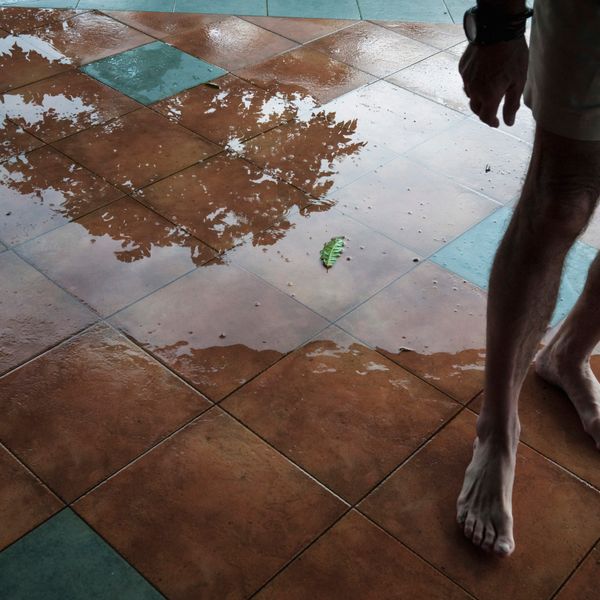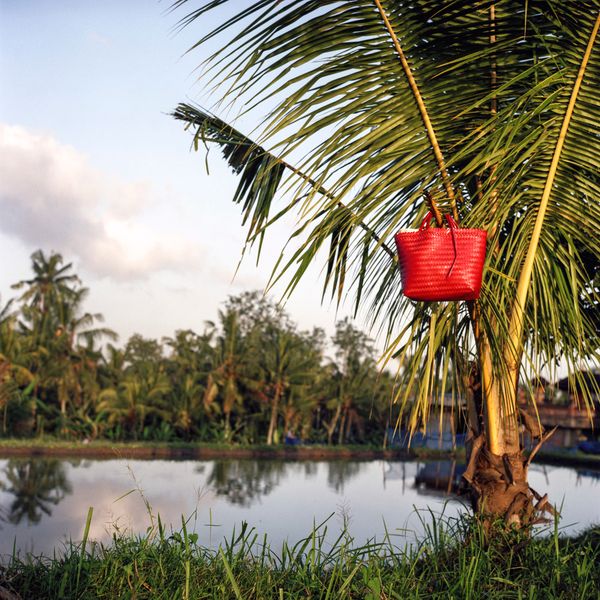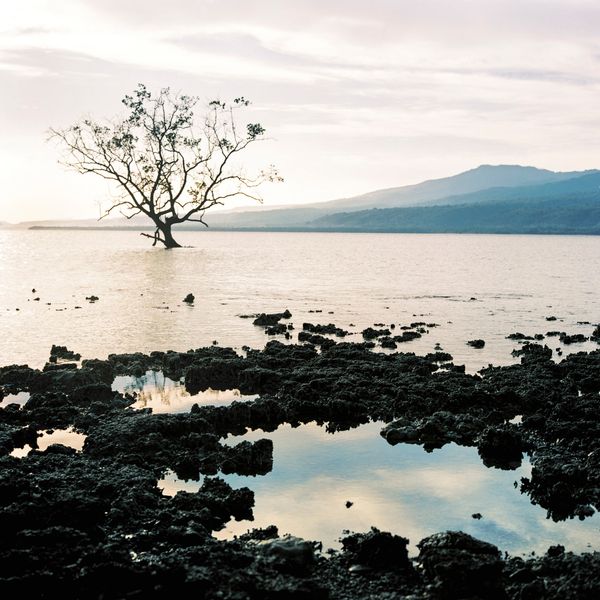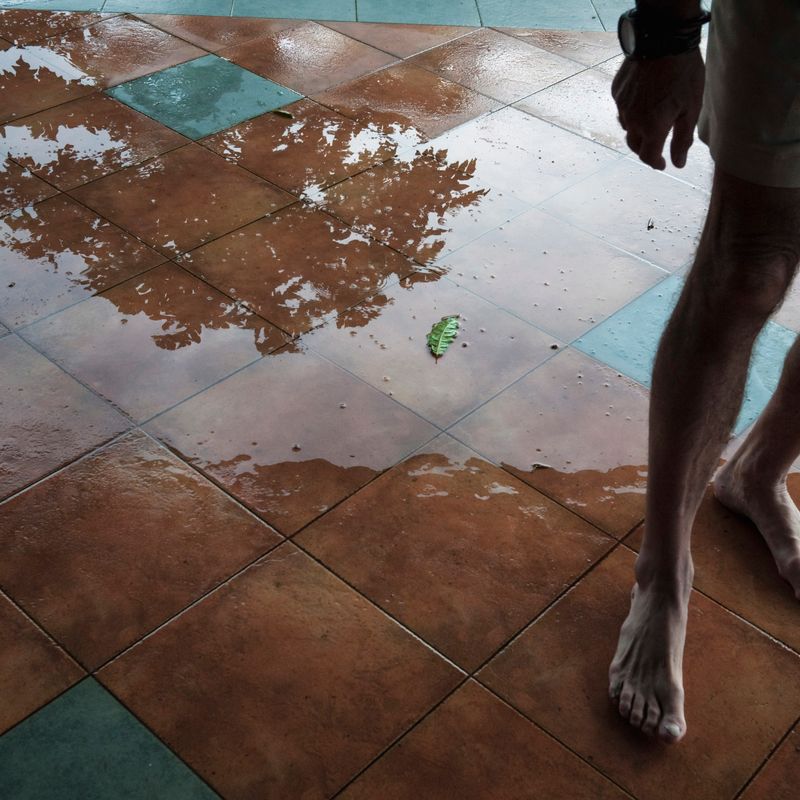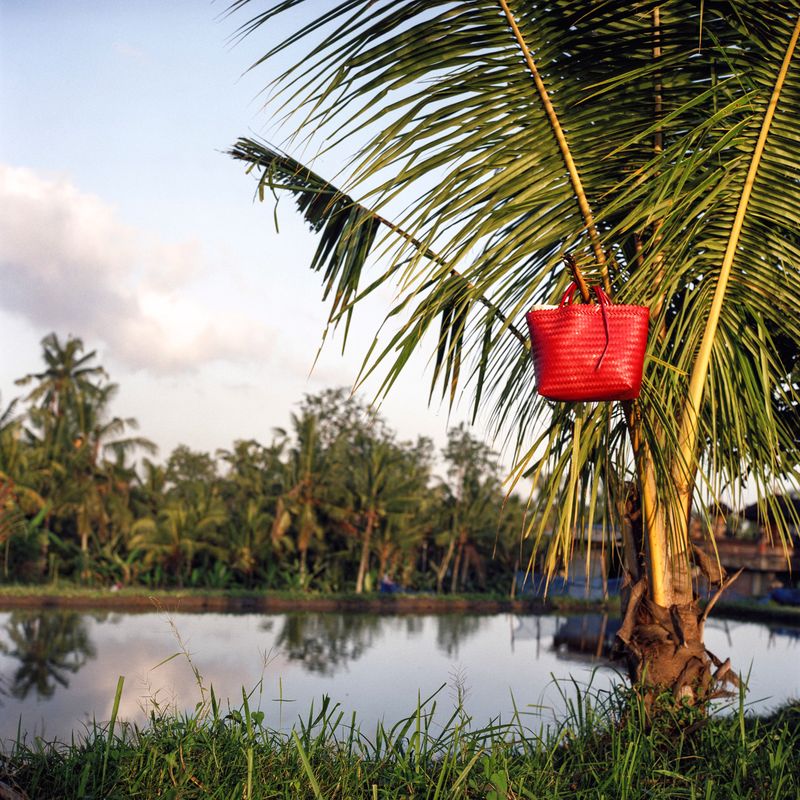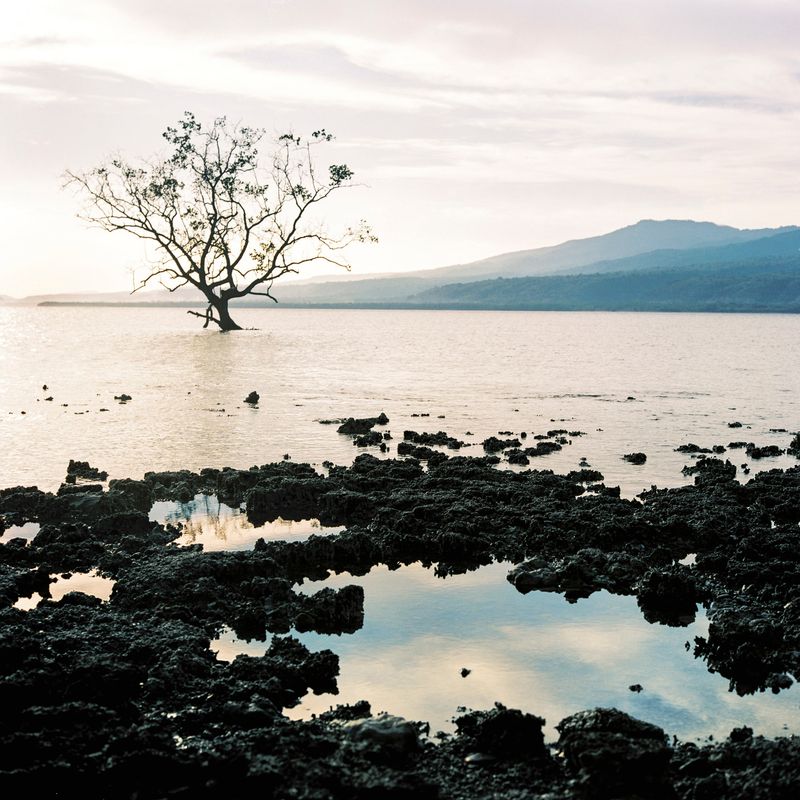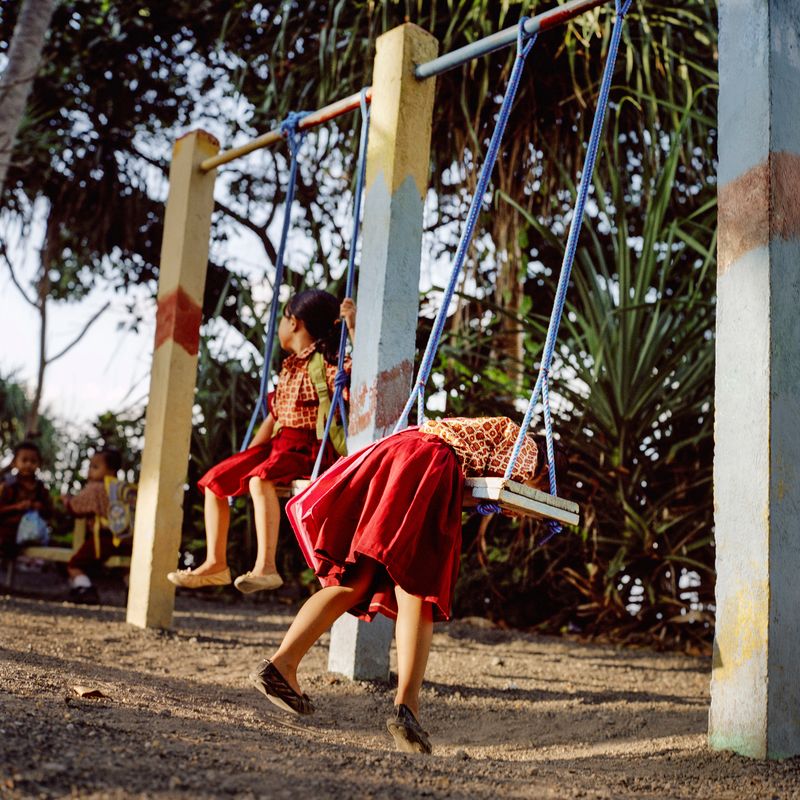War, Peace, and Coffee with Milk
-
Published27 Mar 2018
-
Author
Kopi Susu tells the story of Rosa Verhoeve's search for her Dutch-Indonesian identity. It's a story of how war, conflict, nostalgia and love all combine to create the person that Verhoeve is today.
Kopi Susu tells the story of Rosa Verhoeve's search for her Dutch-Indonesian identity. It's a story of how war, conflict, nostalgia and love all combine to create the person that Verhoeve is today.
The Dutch colonisation of Indonesia was not a benevolent affair. It came to a premature end in 1942 when the Dutch East Indies (as it was known then) was occupied by the Japanese. This was a brutal occupation in which Indonesians were starved, tortured, raped, murdered and an estimated four million were worked to death in Southeast Asia.
With the defeat of the Japanese in 1945 and the Dutch still reeling, an Indonesia free of colonists declared independence on 17 August, 1945. The liberation didn’t last long. The Dutch (with some British help) reoccupied the country, another quarter of a million Indonesians died in the ensuing fight for independence before finally the Dutch accepted defeat in 1947 and returned to the Netherlands.
One of those Dutch soldiers who came in 1945 was Rosa Verhoeve’s father. He met and married a Javanese woman and remained in Indonesia before being forcibly repatriated to the Netherlands in 1957. Verhoeve never experienced living in Indonesia but heard about it through the stories of her mixed-race ‘Indo’ mother, and felt their presence in the décor of her home and within herself and the Dutch community of people with Indonesian heritage to which she half-belonged.
But as she grew up, this heritage remained a mystery shrouded in the nostalgic romanticism of the Tempo Doeloe (Old Times) of the Dutch East Indies. With a background set in two worlds, Verhoeve set out to discover the contemporary reality of her heritage, a heritage personified by Verhoeve as the kopi susu (of milk coffee) used to describe Indo skin colour, the kopi (coffee) being the Indonesian side, the susu the Dutch.
Kopi Susu is Verhoeve’s visual investigation of that heritage. It’s a small book, a fragile book, where images of domesticity and the symbols of Indonesian-ness are paired up in short sequences that coalesce into a search for identity.
It’s a search that creates a partial picture of Verhoeve’s heritage, and that partial picture is ultimately the complete picture; everything is slightly out of reach, a finger’s breadth away, sensed but unseen in the shadows. And that partial vision is what makes the book so successful, because that is what an Indonesian identity (which like all national identities is one that doesn’t really exist) is like.
There are archival images of her mother and father, of her grandparents, family album snaps of good times at the lake and by the sea. The contemporary images are matched in pairings that have an otherworldly element to them; giant lily pads paired with a circular pond, a wormhole to the world that lies beneath and beyond Java’s physical exterior. A leg on a wet tiled floor is matched with a tree standing in a mud-scuttled bay, a bag on a palm goes with two girls hanging off blue coloured swings, the sun setting in golden hour glory that will end suddenly and lead to the abruptness of an equatorial night.
The book gets closer as it progresses, Verhoeve’s mother and grandmother echoing in locket photographs and faces being made up. There are white women and brown women and we are never quite sure who is who. The images work like rhyming couplets, one playing off the other, leading you into a new world. It’s fragile, and it’s beautiful and eventually it all merges into one. Just like the title, just like the drink; Kopi Susu.
--------------
--------------
Kopi Susu by Rosa Verhoeve
Published by Ipso Facto // Text by Rosa Verhoeve (in Dutch) with English translation
Designed by Victor Levie // Translated by Suzanne van Leendert and Meggy Soedjatmiko
Special linen bind with embossed photos // 84 pages // 16.7 x 20.6 cm // €34.50
--------------
Rosa Verhoeve is a photographer based in Amsterdam who works with archives, personal narratives, and photography to examine how the past invests the present. Follow her on Instagram.
Colin Pantall is a photographer, writer and lecturer based in Bath, England. His latest book, All Quiet on the Home Front, focuses on family, fatherhood and the landscape. Follow him on Twitter and Instagram.
